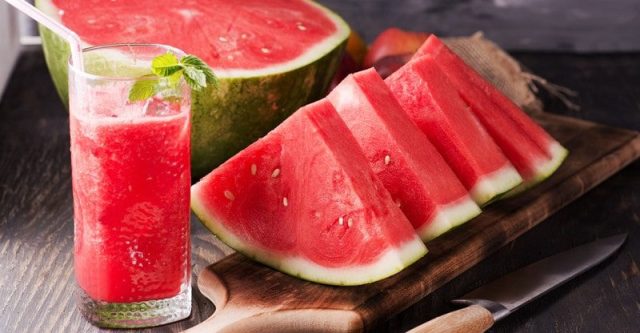Watermelon: A Tasty Way to Boost Heart Health
Watermelon isn’t just a refreshing summer treat—it’s also packed with nutrients that can help protect your heart. New research shows that eating watermelon may lower your risk of heart disease. This article breaks down the latest findings on watermelon’s health benefits and how to easily add it to your diet.
Why Watermelon Boosts Your Nutrition
A recent study in the journal Nutrients found that watermelon eaters get more key vitamins and minerals. Researchers looked at data from over 15 years and discovered that people who ate watermelon had higher levels of:
- Dietary fiber
- Potassium and magnesium
- Vitamins A and C
- Lycopene (a powerful antioxidant)
These benefits applied to both kids and adults, making watermelon a smart choice for the whole family.
How Watermelon Helps Your Heart
Watermelon is great for your heart because:
- Its high water content keeps you hydrated
- It won’t spike your blood sugar
- It contains more lycopene than tomatoes (this antioxidant may lower heart disease risk)
- It has citrulline, an amino acid that helps blood vessels relax
Easy Ways to Eat More Watermelon
Try these simple ideas:
- Swap sugary desserts for watermelon chunks
- Pack it as a hydrating snack
- Blend frozen pieces into slushies
- Add to salads (try grilled slices with arugula)
- Make a refreshing salad with feta, cucumber, and fresh herbs
Building a Heart-Healthy Diet
While watermelon is great, variety is key for heart health. Other lycopene-rich foods include:
- Tomatoes
- Guava
- Pink grapefruit
- Red peppers
Also include:
- Healthy fats (nuts, olive oil)
- Fiber-rich foods (beans, whole grains)
- Limited processed foods and sugars
Final Thoughts
Watermelon is a delicious way to support heart health while boosting your nutrient intake. By combining it with other wholesome foods, you can create a diet that keeps your heart strong and your body healthy.




























